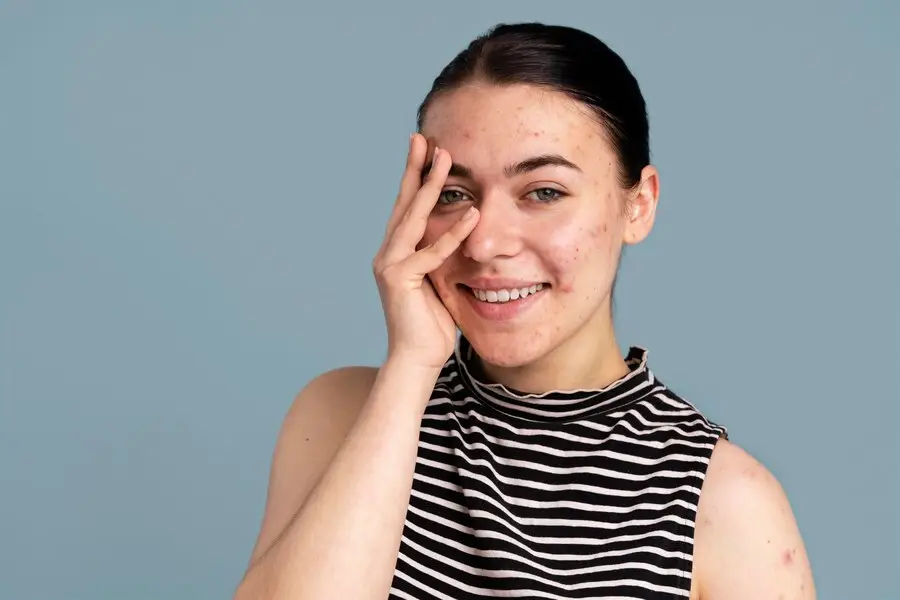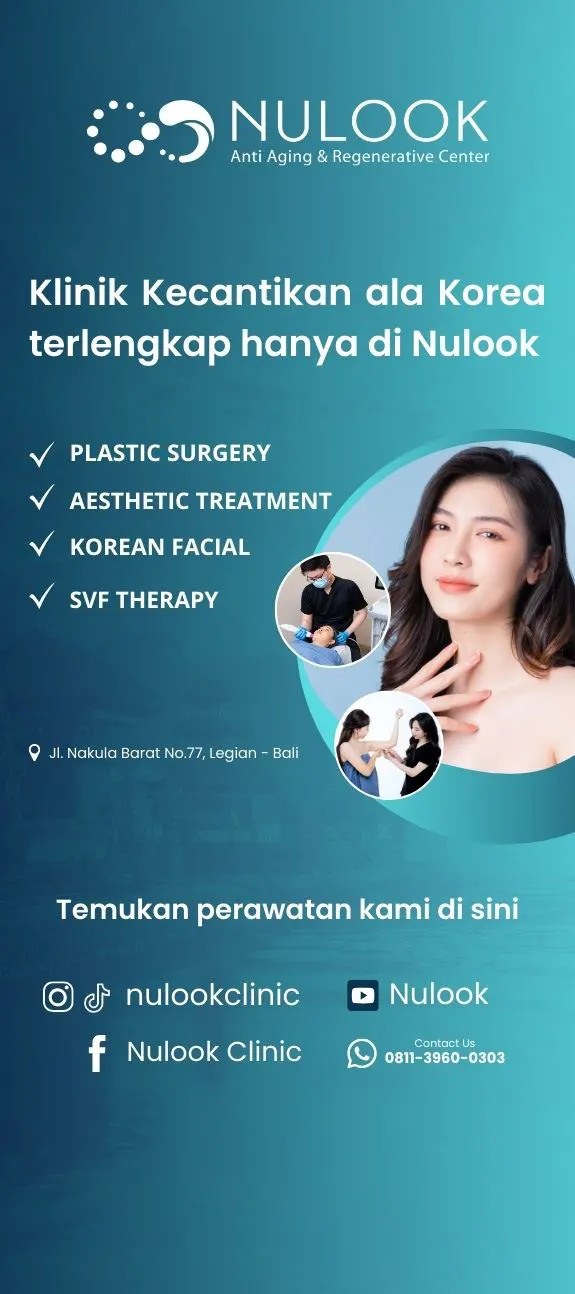7 Causes of Papule Acne and Effective Solutions
Author: Nulook ExpertiseReview by: -Acne is one of the most frustrating skin problems, especially when it comes to papule acne. This type of acne appears as red, inflamed bumps that are painful to the touch. If you're struggling with this issue, don't worry! In this article, we'll explore the causes of papule acne and how you can effectively treat it to restore your skin's health and smoothness. Keep reading to learn more!
What Is Papule Acne?
Papule acne is a type of inflammatory acne that appears as small, red bumps on the skin. Unlike regular acne, papules do not contain pus but can develop into pustules if the inflammation worsens.
This type of acne occurs when pores become clogged with excess oil, dead skin cells, and bacteria, leading to inflammation and red bumps. Papule acne commonly appears on the face—especially the cheeks, forehead, and chin—but can also develop on the neck, back, or chest.
One key characteristic of papule acne is the absence of pus, unlike pustules, which have a white or yellow head. This makes papule acne particularly frustrating, as it can be painful and linger on the skin if not treated properly.
If you've ever experienced painful, hard bumps without a visible whitehead, you may have papule acne. But what causes it? Let's dive into the key factors behind this skin condition.
Causes of Papule Acne
Every type of acne has different triggers, and papule acne is no exception. Here are some of the main causes:
1. Excess Oil Production
The skin naturally produces oil (sebum) to maintain hydration. However, excessive oil production can clog pores, leading to breakouts. People with oily or combination skin are more prone to developing papule acne due to increased sebum levels.
2. Dead Skin Cell Buildup
The skin continuously regenerates, shedding dead skin cells. However, when these dead cells do not shed properly, they accumulate and clog pores. This buildup can lead to inflammation and the formation of papule acne.
Read Also: 7 Effective Ways to Treat Acne Scars
3. P. Acnes Bacteria
Propionibacterium acnes (P. acnes) is a common acne-causing bacteria. It thrives in clogged pores filled with excess oil. As the bacteria multiply, inflammation occurs, resulting in red, swollen papules.
4. Hormonal Changes
Hormonal fluctuations can increase oil production in the skin, making pores more prone to clogging. This commonly occurs during puberty, menstruation, or pregnancy, leading to more frequent breakouts.
5. Excessive Stress
High stress levels trigger the production of cortisol, a hormone that stimulates the oil glands. Increased oil production can clog pores, making papule acne more likely to develop.
6. Using the Wrong Skincare or Makeup Products
Heavy or comedogenic skincare and makeup products can clog pores, worsening acne. Some ingredients may also cause irritation, leading to inflammation. Always choose non-comedogenic products suitable for your skin type.
7. Touching Your Face Too Often
Frequently touching your face with unclean hands transfers bacteria and dirt, clogging pores and triggering breakouts. Additionally, popping pimples can worsen inflammation and lead to scarring.
How to Treat Papule Acne
Now that you know the causes, let's explore effective ways to treat papule acne:
1. Use a Gentle Facial Cleanser
Choose a facial cleanser free of alcohol and harsh irritants. Wash your face twice daily to remove excess oil and impurities. Opt for mild, soothing cleansers to prevent skin irritation, and avoid over-washing, which can strip natural moisture.
2. Incorporate BHA or Salicylic Acid into Your Routine
Beta hydroxy acids (BHA), such as salicylic acid, help unclog pores by dissolving excess oil and dead skin cells. Regular use can prevent breakouts and reduce inflammation, speeding up acne recovery.
Read Also: Salicylic Acid: Benefits and How it Works for Acne-Free Skin
3. Apply Acne Treatment Creams
Topical treatments containing benzoyl peroxide, retinoids, or sulfur are effective in reducing inflammation and killing acne-causing bacteria. Use these products as directed to avoid irritation. If unsure, consult a dermatologist for personalized recommendations.
4. Avoid Popping Pimples
Popping pimples can worsen inflammation, increase the risk of infection, and lead to scarring. Allow your skin to heal naturally with proper treatments instead of squeezing blemishes.
5. Maintain a Healthy Diet
Reduce consumption of oily, processed, and high-sugar foods. Instead, eat more fruits, vegetables, and drink plenty of water to support skin health. A balanced diet helps regulate oil production and reduces acne flare-ups.
Read Also: Can Pimples Be Popped or Not? Here Are the Facts
6. Manage Stress Effectively
Engage in relaxation techniques like meditation, deep breathing, or exercise to lower stress levels. Getting enough sleep also helps maintain hormonal balance, reducing acne breakouts.
7. Consult a Dermatologist
If your papule acne persists despite home treatments, seek professional help. A dermatologist can prescribe stronger treatments such as antibiotics or specialized therapies tailored to your skin condition. This ensures more effective and long-lasting results.
Say Goodbye to Acne with Nu Crystal Clear Facial Treatment at Nulook
For a faster and more effective solution to acne, try Nu Crystal Clear Facial Treatment at Nulook! This specialized treatment deeply cleanses pores, reduces excess oil production, and rejuvenates the skin using safe and comfortable techniques.
By combining salicylic acid peeling, exfoliation, and regenerative skincare, Nu Crystal Clear Facial Treatment helps reduce and eliminate acne, leaving your skin clearer, healthier, and more radiant. It’s the perfect solution for those looking to restore their skin’s natural beauty and boost their confidence.
Don’t let acne hold you back! Visit Nulook or contact us via WhatsApp to schedule a consultation and experience the best acne treatment tailored to your skin’s needs.
References:
- https://my.clevelandclinic.org/health/diseases/22905-acne-papules
- https://www.healthline.com/health/papules-acne


